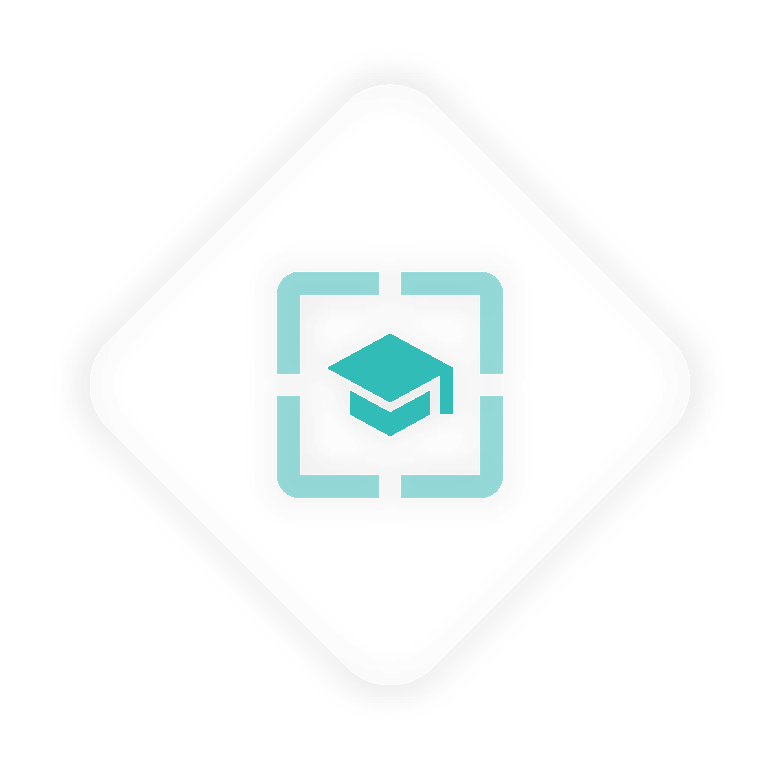In order to properly design and equip laboratories for the OSCE exam, extensive experience in the implementation of similar exams is needed. The same applies to the organization, preparation and course of the exam itself.
The implementation of up-to-date solutions offered by Medcam allows to change the current approach to examinations into faster, more transparent and organized way. In consequence, it leads to more efficient management of the entire exam – starting from the planning stage and ending with the generation of a set of reports with its results.

We value your time
We know how important it is for work during classes and exams to be fast, smooth and trouble-free. Therefore, the OSCE exam implementation using our system does not require the use of any auxiliary programs. A technician or tutor can generate required reports and exam protocols with one click of a button, while all recordings and documentation are stored in one place.
OSCE – Objective Structured Clinical Examination
The process of verifying the achieved learning outcomes in terms of the acquired skills requires direct observation of the student while demonstrating a specific skill during the OSCE exam.
Adequately prepared rooms for examinations ensure equal and repeatable conditions for all students taking the exam, which increases the objective method of assessment during the examination.
Checklists are an objectified form of verifying the correctness of the student’s skills assessment. Both are essential parts of a structured examination.
What does Medcam offer for OSCE?
- Each simulation room in the Medcam system is a fully functional OSCE examination room. No changes or additional software are required.
- The examiner can assess the student and control the course of the session using a web browser only. This means that the user does not need to be familiar with handling multiple programs.
- We have created the possibility of remote student evaluation via the Internet in real time or based on a previous recording, which gives great flexibility of work.
- The student panel, through which students report readiness to each subsequent station, allows to display the original scenario and create their own, order examination results and fully control their activities.
- The remaining time allocated to the task for a given station is displayed on the panel of each participant in the examination session, so that both the student and staff maintain full control over the exam.
Medcam allows users to:
- create simulation and examination scenarios
- create checklists assigned to a scenario with the possibility of selecting a scoring range
- add a critical error to a task with a variable critical error definition
- generate assessment cards from component stations and OSCE exam reports
- generate individual reports for students after completing the OSCE exam


